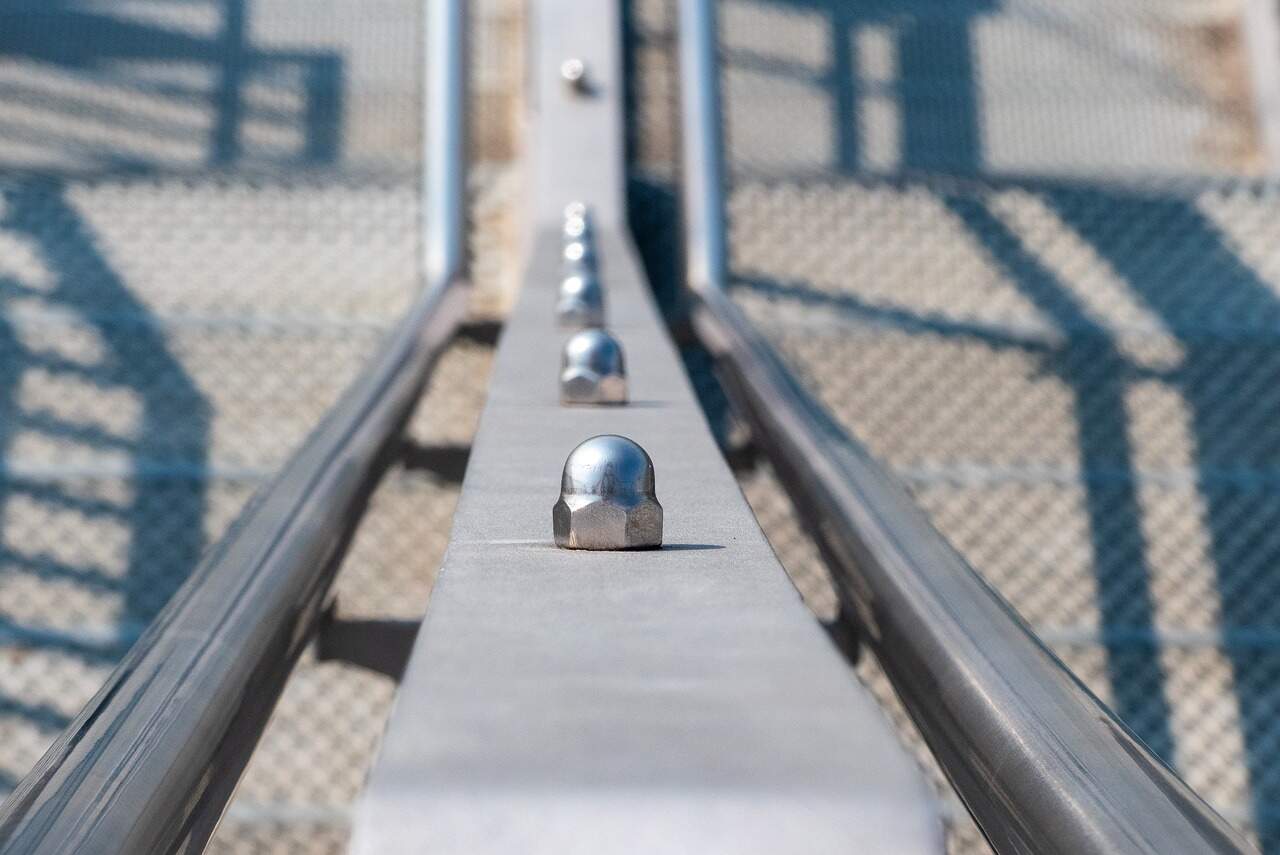Tread brackets, or stair brackets, are a great way to spruce up the look of your stair treads. They are common in old houses of many architectural forms and are very often used in modern interior design. Stair brackets are simple accents that may transform the look of your entryway for the better.
Installing stair brackets is a low-cost and low-effort option to improve the look of your stairs. They have the power to transform a boring stairway into a thing of beauty. A set of stair brackets can elevate the look of your stairs.
The polyurethane used to make stair brackets is of the same high quality as is used to make furniture. Beautifully detailed, hand-crafted molds guarantee a high-quality result every time. These delicate finishing touches last longer, look better, and may be used more often because of the high standard of craftsmanship that goes into their creation. The stair brackets you order will arrive pre-primed, so you may give them a custom finish that suits your taste.
You can utilize stair brackets to enhance the look of your home’s existing molding. They have the appearance of the hand-carved embellishments commonly seen in older American homes around the country. They pay homage to the classic lines, rich materials, and elaborate decorations of bygone design eras. Even the most basic staircase can look sophisticated by adding decorative stair brackets.
Advice on Setup
Make sure to specify whether you need left or right stair brackets when placing your order. One convention to remember is that fitting brackets indicate movement to the right and left brackets to the left.
For this project, you’ll need an elastomeric adhesive caulk, a caulking gun, a circular or hand saw, and a clean sponge or cloth. Putty knife, hammer, 6d or 8d finishing nails with a minimum penetration of 1/2 to 3/4 inches, and extra fine sandpaper are also helpful to have on hand.
We advise finishing your goods by painting or applying a faux finish before beginning installation. This is because stair brackets are so tiny and detailed. Minor repairs can be made after installation.
Surface preparation comes next after you have painted the brackets. Use a clean towel to wipe down all surfaces to ensure they are clean and free of dust and debris. It would be best to wait until the area is arid before installing the stair brackets. The bracket should butt up to the margins of the stair riser. Hence, removing the quarter-round or half-round molding from the vertical and horizontal edges of the riser is necessary for proper installation. Put the bracket on the step and see whether you need to trim the ends. The riser and the stair bracket must be the same width for proper installation. If it does not, you might want to consider installing quarter or half-round molding along the length of the stairs.
After you have determined the best location and prepared the surface, we will go over the basic installation requirements. If you want your staircase to look more sophisticated and architecturally sound, try doing the following:
First, if the tread depth and height differ, trim the brackets to fit.
To avoid damaging the finish, lay the bracket flat on a soft surface and run a continuous bead of glue or caulking around the back edge, about half an inch in width.
Third, carefully push the bracket into position. If any caulk is needed, apply it around the edges and smooth it with your finger or a putty knife. If you do this, the stair bracket will look more integrated into the wall. Remove any surplus glue with a moist rag.
Alternatively, finishing nails can hold more oversized brackets in place while the adhesive dries. If you wish to remove the pins, you should expose half of each.
5. Apply caulking to the nail holes and smooth the area again. After two to three hours, the caulk should be dry enough to be softly sanded with extra-fine sandpaper to smooth out any rough patches.
Fix any damaged stair brackets, number six.
When working on a DIY decoration project, remember these safety precautions. Always read and follow the directions on the packaging when using power tools, adhesives, or finishes like paint or stain. Wear protective eyewear whenever operating heavy machinery or swinging a heavy hammer. And be sure you’re using the appropriate equipment for the job.
Simple, low-cost, and low-effort stair brackets can bring a touch of elegance to your home. Make your ordinary staircase into a thing of beauty, and your home will be the talk of all your guests. If you want your staircase to look elegant and put together, installing stair brackets is a must.
Visit my blog at http://goceiling.blogspot.com/ for a free booklet on decorating on a budget, and sign up right away at http://www.GoCeilingMedallion.com to receive all the newest news and updates to our inventory. If you need a decorative item, we have you covered.
Read also: https://www.mycheapseo.com/category/technology/

